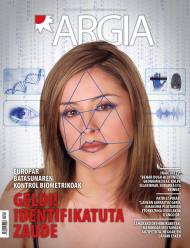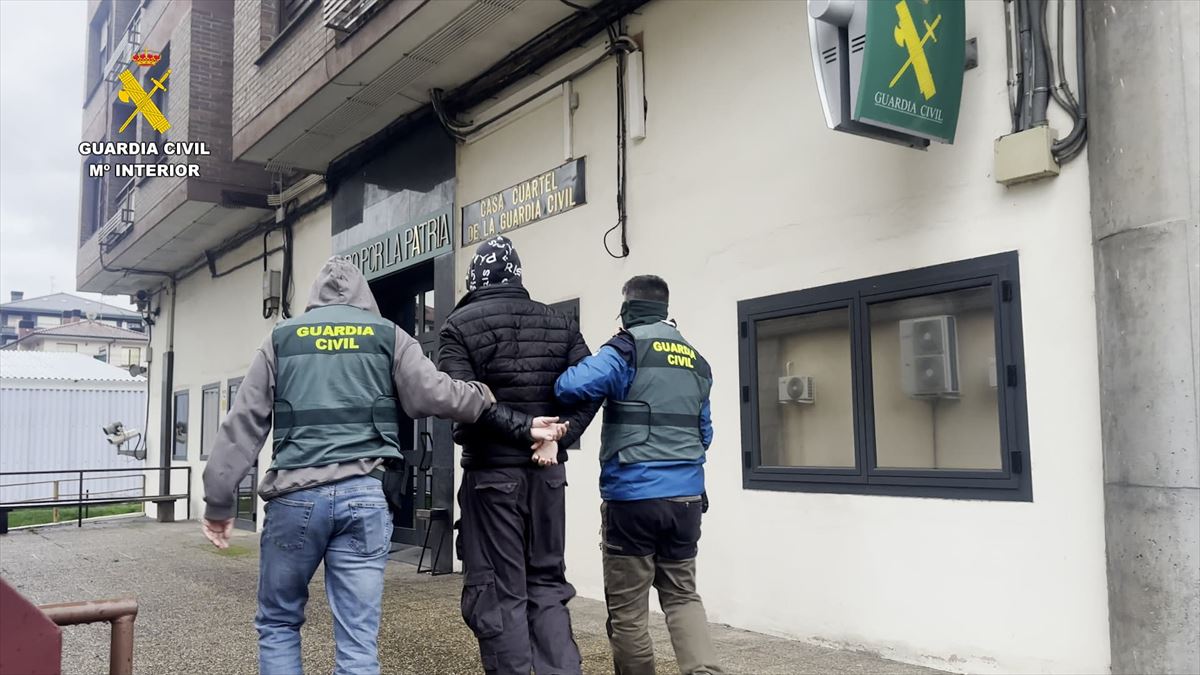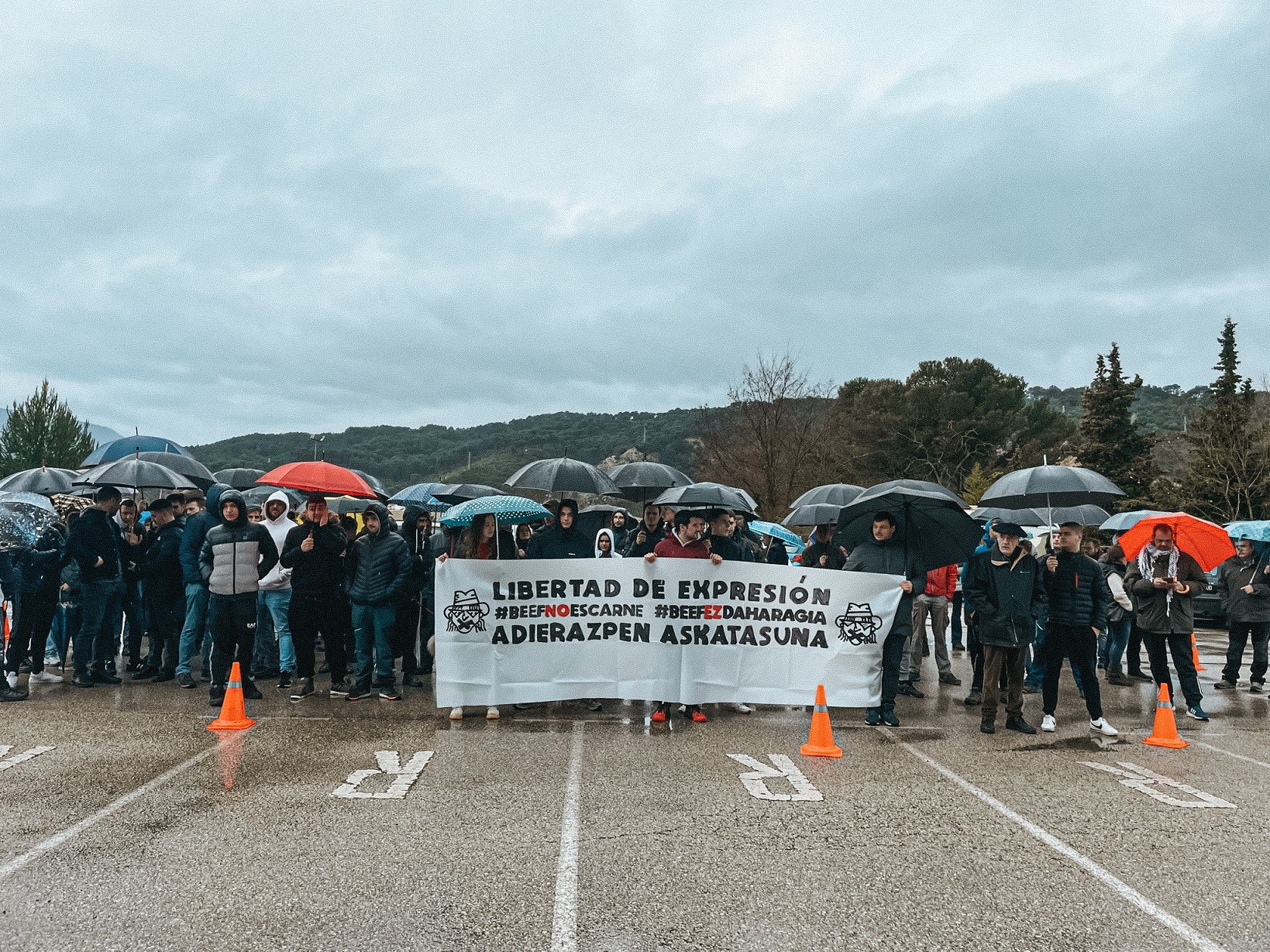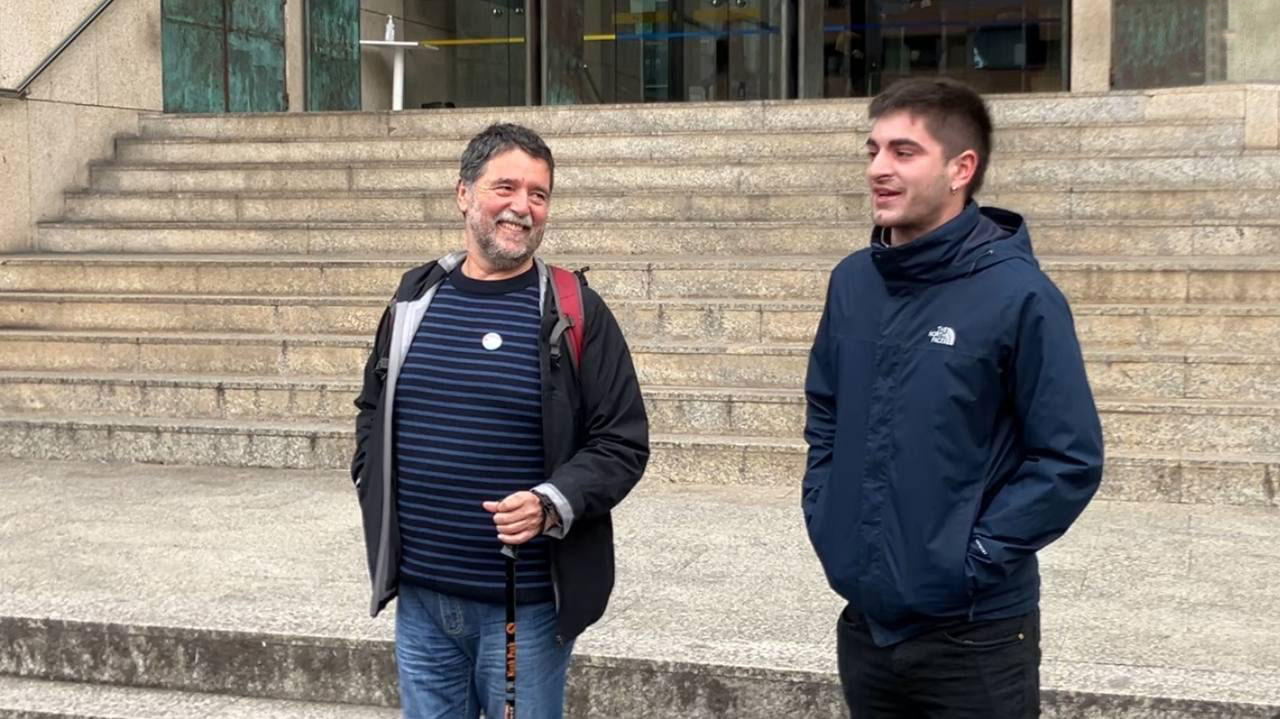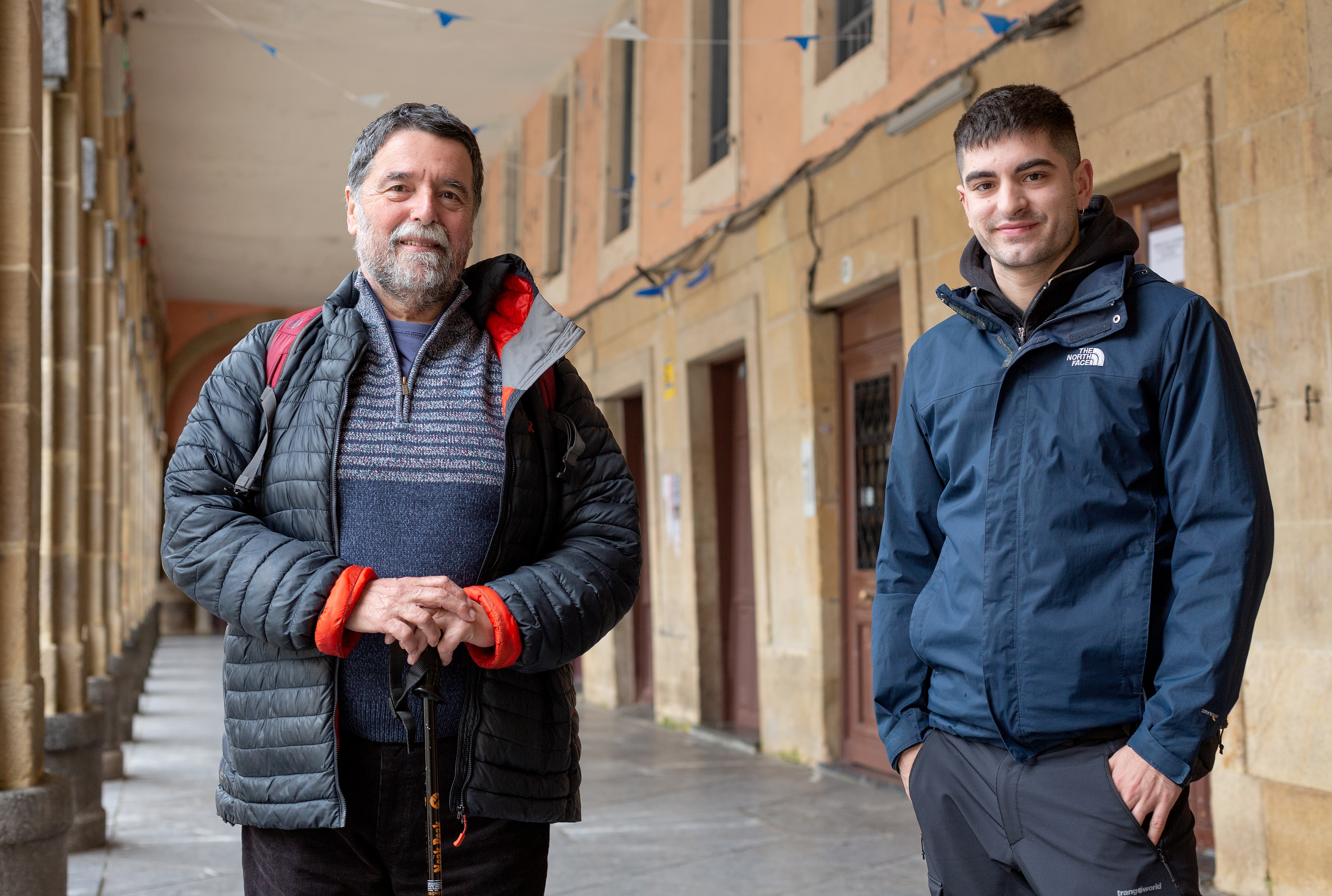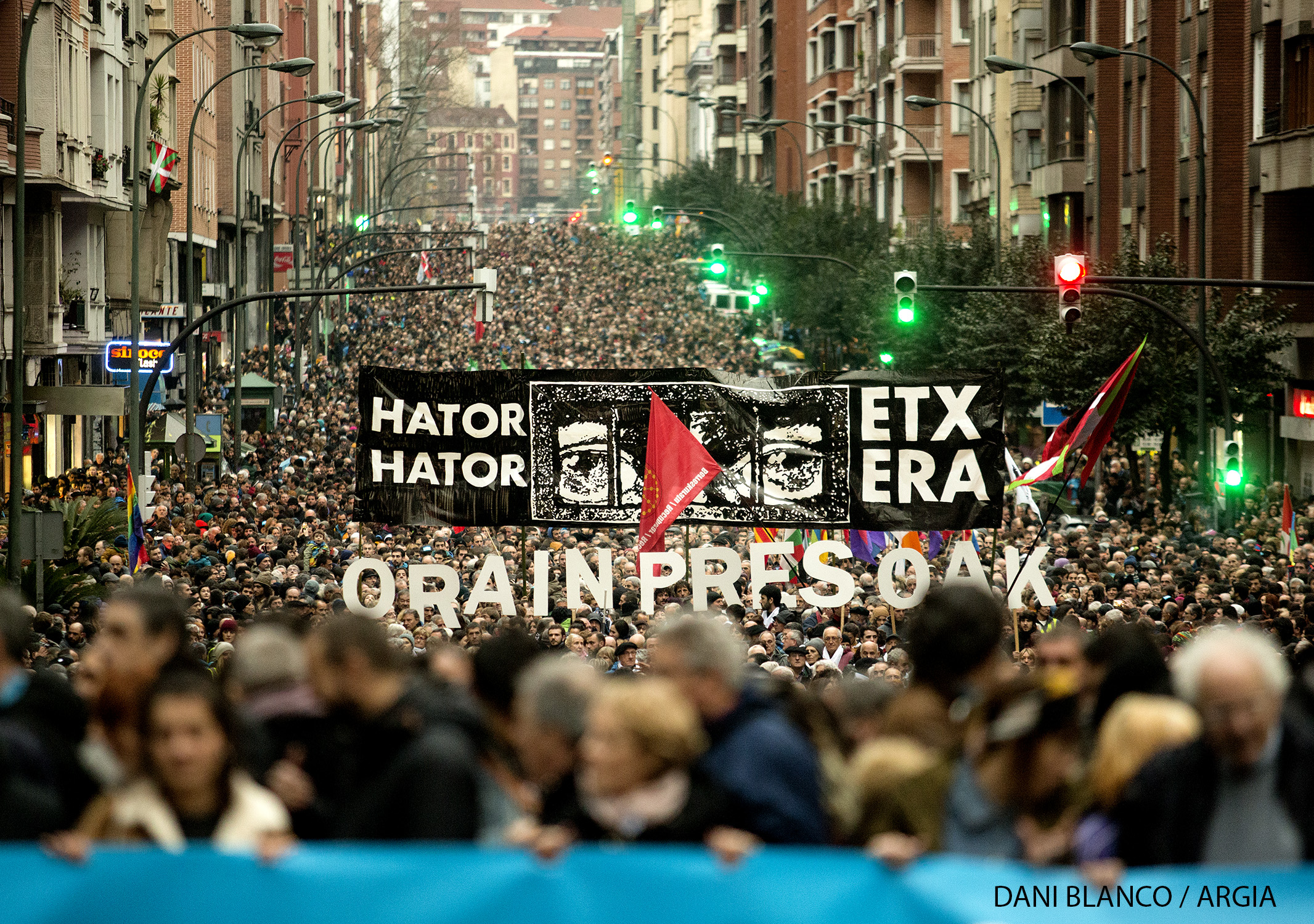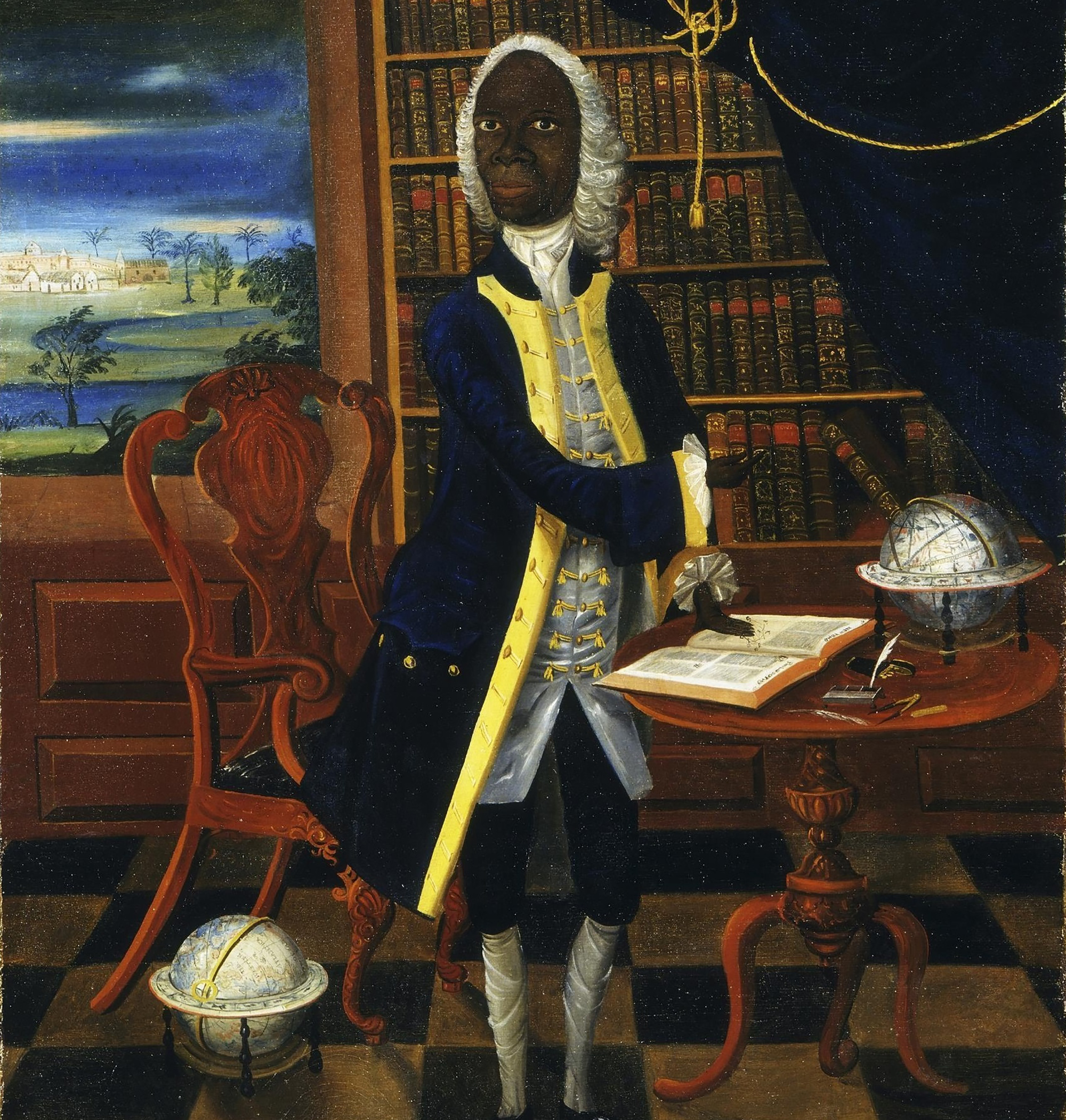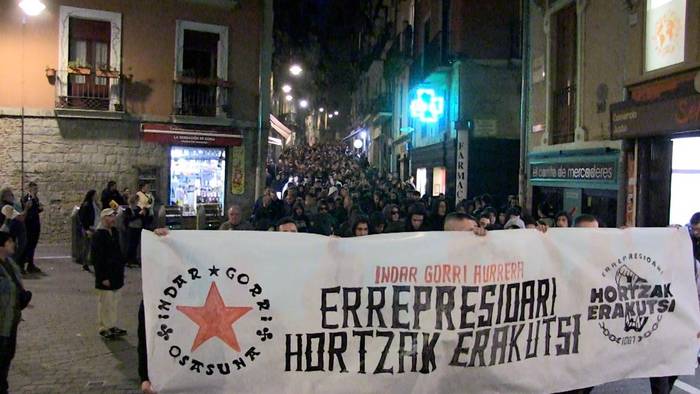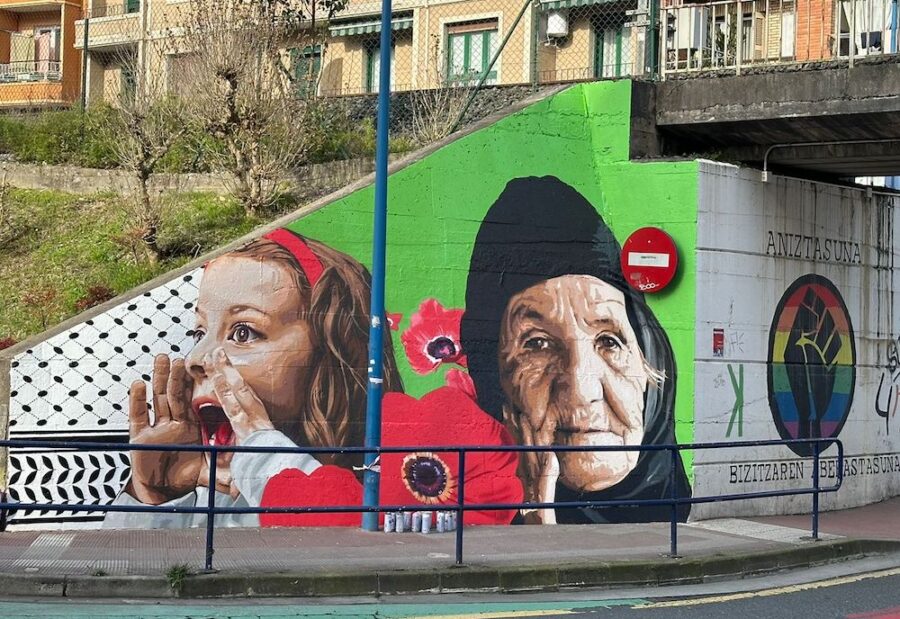"We want to achieve a prosecutor's office specialising in institutional aggression"
- Júlia Trias (Barcelona, 1991) is a political scientist, an expert in migration and technical director of the Iridia Center for Human Rights. After completing his studies in Political Science at the Autonomous University of Barcelona, he studied the Refugee Protection and Migration Policy Studies in London.
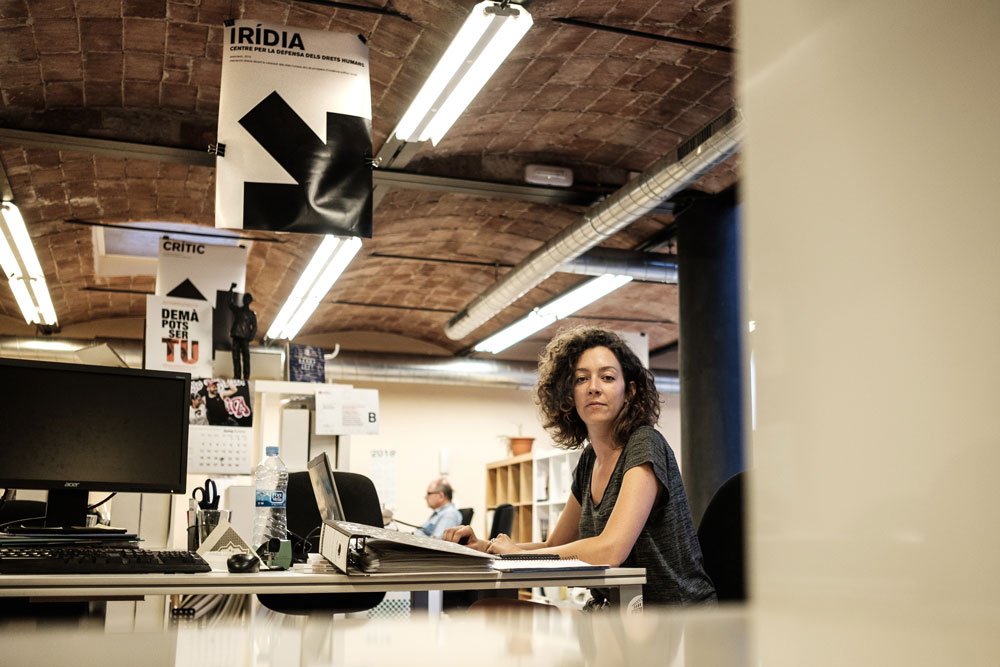
When and how did Iridia emerge?
It started in 2014 and became official as an association at the end of 2015. The project has been promoted by people linked to social movements for years. The main challenge in society was to protect citizens from the violation of human rights that had occurred as a result of the institutional attack.
What is your work dynamic?We have created a working group specialized
in different areas to offer comprehensive care to citizens who have suffered human rights violations: legal and psychological support. In fact, we've often seen that there are a lot of people charged: as a victim of an unjust institutional attack, they have trouble working the legal and the psychological way. Offering a comprehensive service is essential.
Have you been based on any international experience to create Iridia?The Iridia Association, and above all, the Service of Attention and Denunciation against Institutional Aggression (SAIDAVI) that we have created within the association, was inspired by the project Center
for Legal and Social Studies (CELS) of Argentina. The Argentine service has a trajectory of 30 years and has received its advice. In other words, Iridia is not a law firm, but a working group for the defence of disputes that can be replaced by the majority of citizens.
What assessment does it make of the trajectory so far?
We have seen the two sides of the coin: on the one hand, since we are building a high-capacity resource, we have realised that both society and legislation can be changed; on the other hand, as it is a pioneering project, the challenge is even greater. There's a lot of work to do. In fact, the aim is for the State to take responsibility for all the institutional attacks in Spain. And we know that this is possible through a prosecutor's office specializing in institutional attacks.
You're optimistic.
Of course, yes! Because today we are closer to this challenge than we were a decade ago. The social movement has increased, first it was the M15, and this year the M8 has also been a clear example. The rise of social movements is evident, and we believe that changes will come through this social pressure. However, much work remains to be done. There is nothing else to do with the politicians' statements in the face of the police attack on 1 October... But in the medium to long term, we're optimistic.
You say on 1 October. Iridia was one of the supporters of the Som platform in the referendum. How did you experience it?
In view of the records and events of September, 60 lawyers, 25 psychologists, 70 collaborators and 60 other external collaborators participated in the service of citizen care that was addressed to the citizens on 1 October. We worked on two axes: on the one hand there were three observers identified, distributed in several schools where incidents could occur. They were managing violations of rights, but without intervening. On the other hand, the teams of lawyers and psychologists settled in two areas of Barcelona to meet the needs of the citizens.
The planned resources were short.
Of course, it was terrible. The Barcelona City Hall, through the Anti-Discrimination Office, opened a victim care service in collaboration with associations in the city, including us. There we received a multitude of people of all ages and conditions for a whole month. From 8:00 to 18:00 we received a visit every three quarters of an hour.
Have you managed to identify the cops?
Some of them are, but we still lack many to identify. Because, as has happened in other cases, they do not carry any identification and, as if that were not enough, the prosecutor's office makes it very difficult. It will be a long journey, we must not forget that it is a macro-operation and that we add thousands of cases. We hope that the result will be positive, but it will be a long time.
The government has changed in Spain, but are we going to see a political leader?
That is our demand: to identify policymakers, but also political officials. In fact, thanks to the work of the volunteers we have seen that the police repeated patterns of conduct, so it is clear that on 1 October the police followed a higher order. We are working on finding those responsible for the decision.
What about the imprisoned politicians?
Political prisoners must be released. The Government of Pedro Sánchez has made a very important gesture of its approach to the Autonomous Community. The imputation of the crimes of sedition and rebellion is insane, so we believe that the change of government should take further steps. The horizon of Catalonia depends on the Spanish political will.
“Zientzia politikoen ikasketak egin ondoren, migrazioetan eta nazioarteko harremanetan espezializatu eta, Paris eta Bruselan bizi izan nintzen, beti Europako lanabesei lotutako lanpostuetan. Bertan jasotako ezagutza guztia proiektu batean gorpuzteko beharra izan nuen gero, eta, Bartzelonara itzultzean, murgildu nintzen Giza Eskubideen aldeko Iridia Zentroan, migrazioari lotutako gaiak lantzen”.
This year marks the 51st anniversary of the United Nations proclamation of International Human Rights Day on 10 December. This date has become important in Euskal Herria and the Human Rights Observatory of Euskal Herria wants to offer some elements of reflection.
Progress on... [+]
Our rights, our future, now! Under the motto, the International Day of Human Rights commemorates the legacy of 76 years. The aim of the day is to promote the construction of a more peaceful, egalitarian and sustainable world. However, while progress is being made, we are faced... [+]
London 1928. At the Victoria and Albert Museum there was a very special painting: in the painting there is a black man, with wig and Levite, surrounded by books and scientific instruments. Thus it was catalogued in the Museum: “Unique satirical portrait representing a failed... [+]









